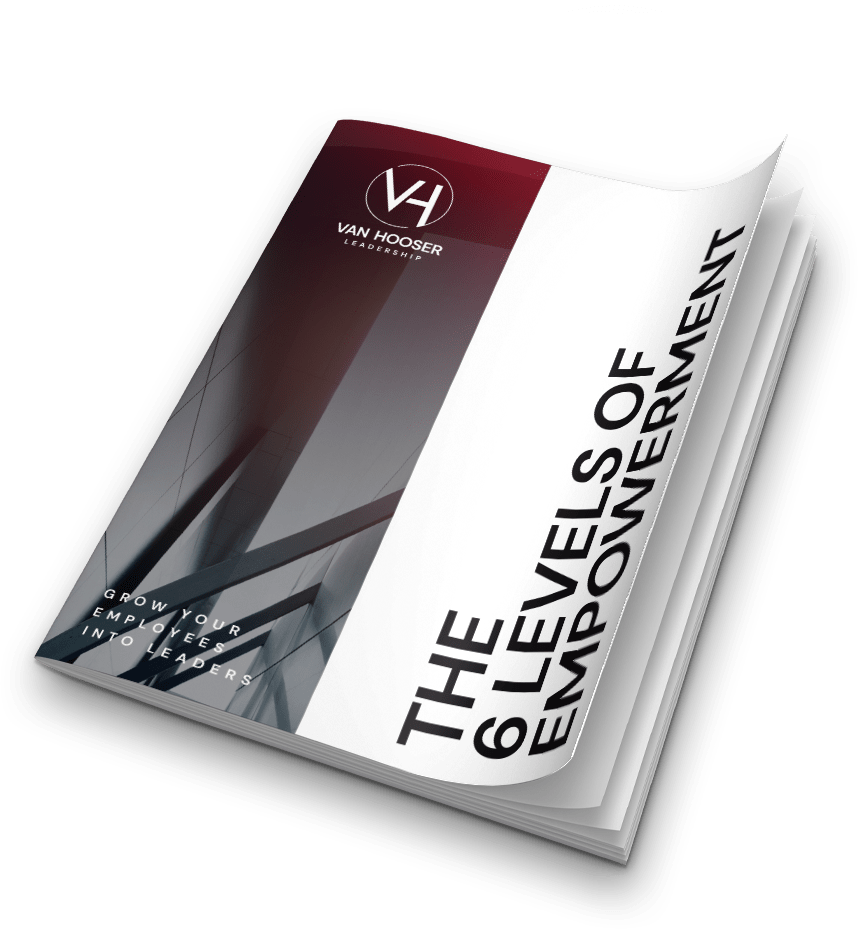During COVID 19 or any other crisis, leaders must lead more intentionally than ever. Here are 3 things that hinder intentional leadership. Check yourself.
Get our leadership blog by email + get a bonus welcome gift!
3 Don’ts of Intentional Leadership
What does intentional leadership mean to you? For me, intentional leadership means leading on purpose, leading for a purpose and leading to an ultimate objective.
Think about this for a second. For years, I’ve told my audiences that being a leader is not an 8 to 5 activity. To be a leader, we must lead 24 hours a day, seven days a week, 365 days a year — for the rest of our lives.
We’re always a leader or quite possibly, we’re never a leader.
In becoming an intentional leader and leading on purpose, there are many things that I suggest we must do. But today, I’m going to share three don’ts with you. If you want to be in an intentional leader — 24 hours a day, 365 days a year for the rest of your life — consider these three.
1. Don’t Whine
First, don’t whine. Don’t whine. As bad as things are today — as uncertain, as uncomfortable, as unpleasant as they are — the fact of the matter remains, there are a lot of people that have it worse than you and I do.
Now please don’t misunderstand. I’m not discounting what you’re going through or that it’s an unpleasant, uncertain, a frightening time. In fact, you may have gone through tremendous sacrifice.
But keep in mind there are people that are going through this period at the same time we are that are sick with this COVID 19 virus or that have potentially lost loved ones to this virus. Or maybe they haven’t experienced the physical effects but they’re feeling the emotional, the financial, the professional effects. They’ve lost jobs, their businesses are decimated, their life savings are in question.
When you as a leader step up and start to talk about your particular situation in a way that I would describe as whining — that somehow your situation is worse than others around you — as a leader, that’s not very attractive.
In fact, I believe people will be repelled as opposed to drawn to you. So the first “don’t” in intentional leadership is don’t whine.
2. Don’t Whisper
And the second “don’t” is don’t whisper. The act of whispering is not only talking more softly. But I would argue that whispering is also seen as being something that we do off to the side. Where two or more people get off together and they’re talking but they’re separating themselves from other people.
Those people who are separated from that conversation see the whispering going on. And they start to wonder. They start to become a little bit paranoid — “are they talking about me?”
Or they begin to wonder, “what do they know that I don’t know?” “Why are they withholding that information?” “Can I trust that person going forward?”
To whisper creates doubt in some people’s minds. And the last thing that we need as leaders today is creating doubt in the mind of our followers. So don’t whine and don’t whisper.
3. Don’t Wonder
And the third “don’t” — don’t wonder. And if you do have something that you’re wondering about, don’t share that as fact until in fact, you have confirmed or know factually that what you’re about to share is true.
At this moment in time when people’s emotions and their attentions are on heightened alert, they’re going to be watching and listening to their leaders more carefully and more intentionally than they ever have.
Therefore, we as leaders must lead more intentionally than we ever have. We must lead by being able to do the things that are critical for leadership but we must also stop doing those things that can be problematic for leadership.
Rise Up, Send Clear Messages, Share Valid Info
Again, I remind you at this critical point in time, don’t whine. Rise up, join with other people, share what’s going on but don’t try to position yourself as being worse off than another.
Number two, don’t whisper. Information that needs to be shared needs to be shared publicly. But if it’s not to be shared publicly, don’t stand off in a corner and send mixed messages.
And third, don’t wonder. Don’t share information that has not been confirmed or validated. Make sure that when you open your mouth and people hear from you, they know that they can take that information to the bank.
This is a difficult time. We continue to try to negotiate our way through it together. And I believe we will and we’ll come out the other end stronger for what we’ve learned as leaders in it. Just know that we’re here for you. Keep the faith.
It’s Been Hard Lately, Maybe This Will Help
These last few weeks, leaders have had some hard messages to share with their employees. But honesty and integrity are THE TOP characteristics employees want from their leaders.
As a way to offer some help during these difficult weeks, we are giving you our virtual course on building leadership integrity, respect and trust. It’s our free gift to you!
If there is any other way we can be of assistance at any time, please let us know.
#don’twhine #don’twhisper #don’twonder #intentionalleadership #riseup










